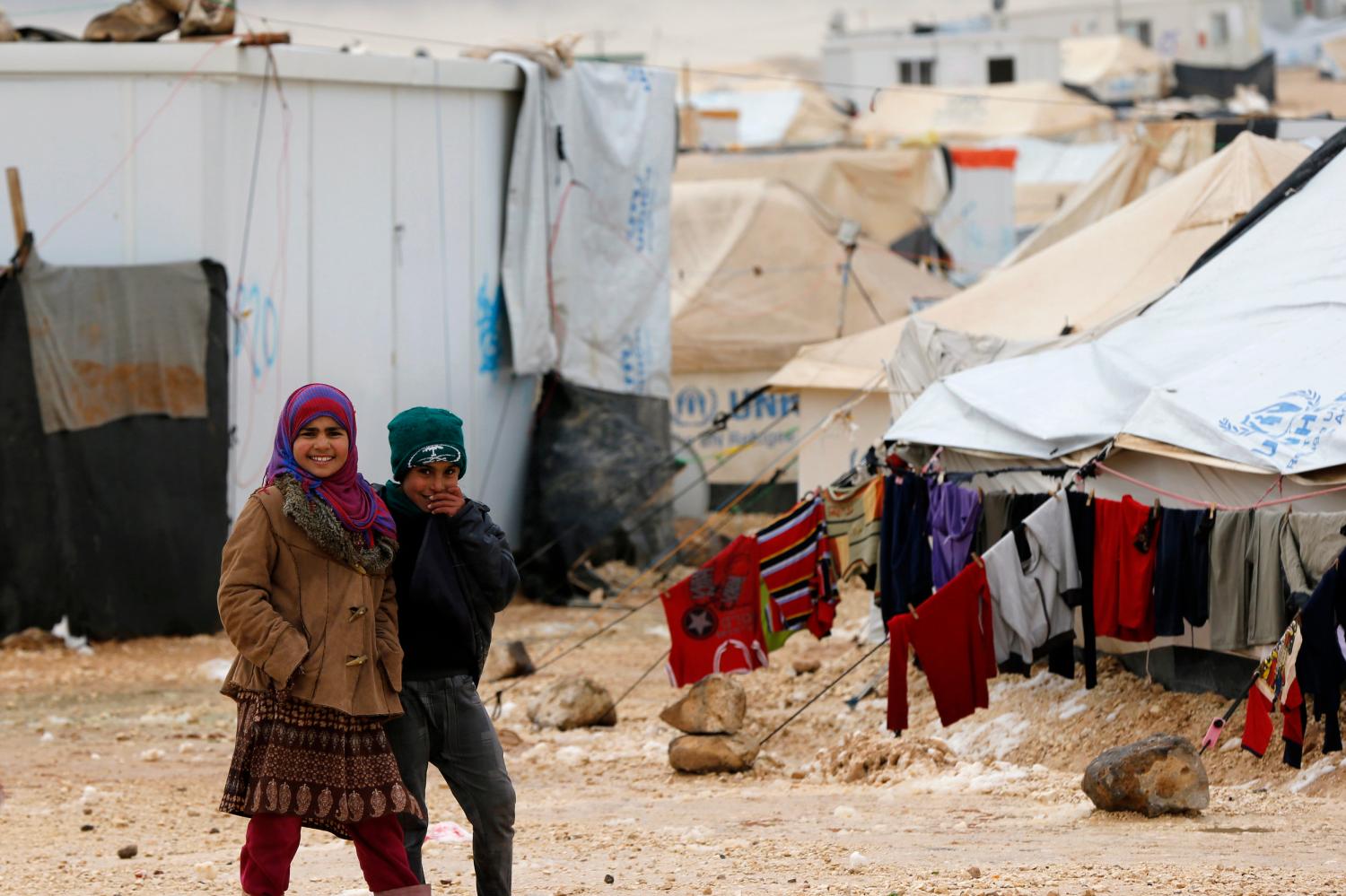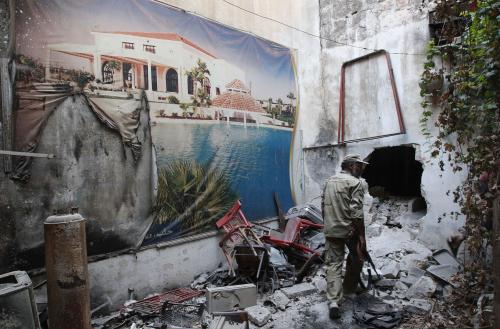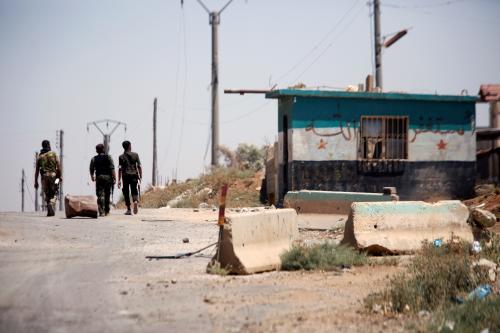EXECUTIVE SUMMARY
The Brookings Institution and the World Bank engaged in a two-year partnership to study stabilization and post-conflict development approaches in the region. Political upheaval and conflict have engulfed much of the Middle East and North Africa, especially since the uprisings of 2011 and subsequent regime crackdowns, leaving an urgent need to outline priorities for donor states and international organizations working in the region.
This paper evaluates past approaches to stabilization and post-conflict development in the region, analyzing the conceptual and institutional obstacles that have sometimes hindered their effective formulation and implementation. It also highlights ongoing trends in these fields — such as the increasing understanding of the need for military and civilian actors to cooperate closely at all levels of these efforts, as the roles of each are interdependent — and encourages their continuation. It considers four innovative approaches to Middle Eastern and North African conflict contexts — aiming for “good enough” governance, going “small, local, and slow,” employing a venture capital model, and co-opting existing governance structures — exploring their relative strengths and weaknesses in various contexts. It then proposes two tools — conflict mapping and dialogue — that can effectively aid international efforts in most contexts.
The Brookings Institution is committed to quality, independence, and impact.
We are supported by a diverse array of funders. In line with our values and policies, each Brookings publication represents the sole views of its author(s).






